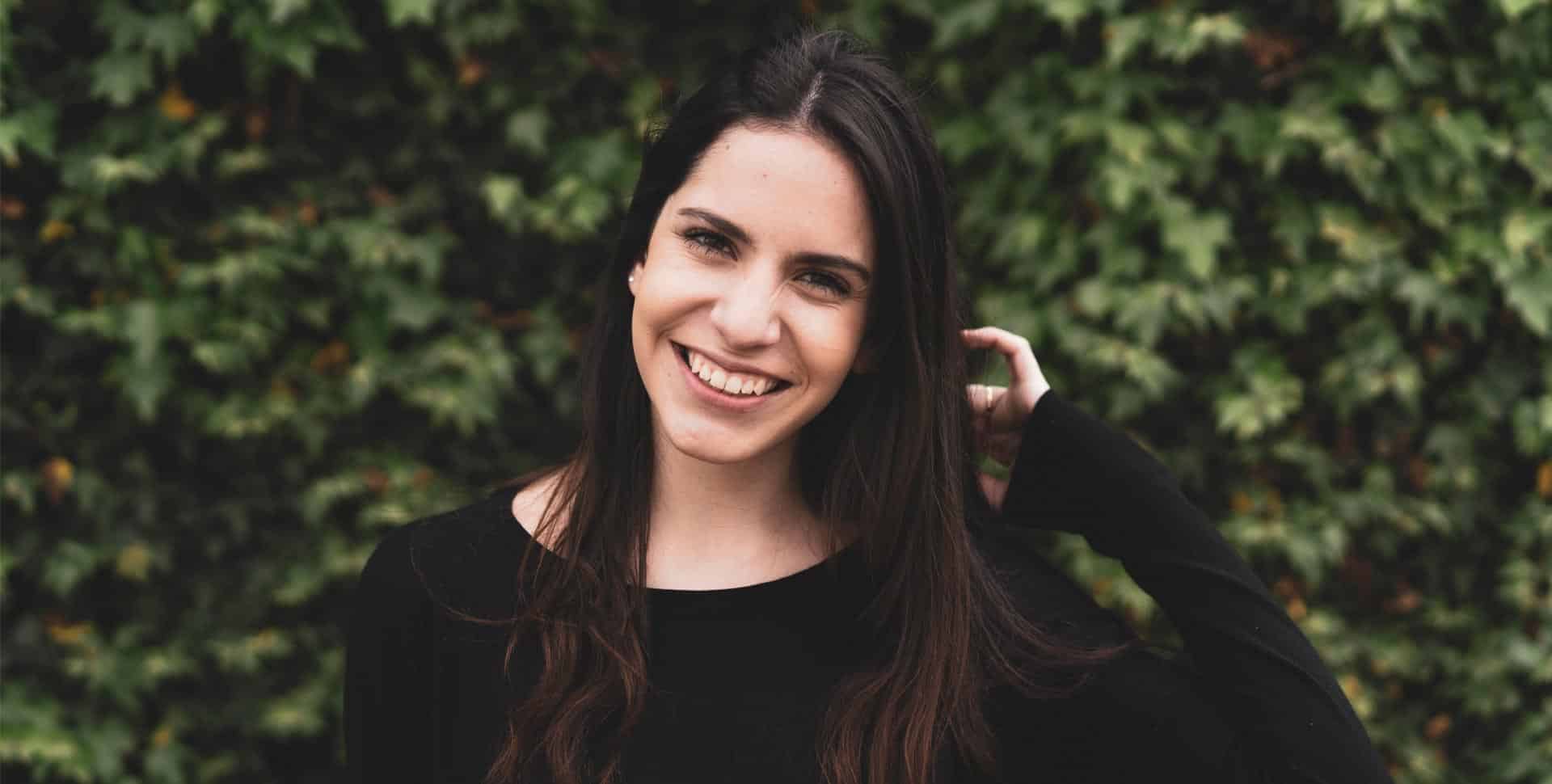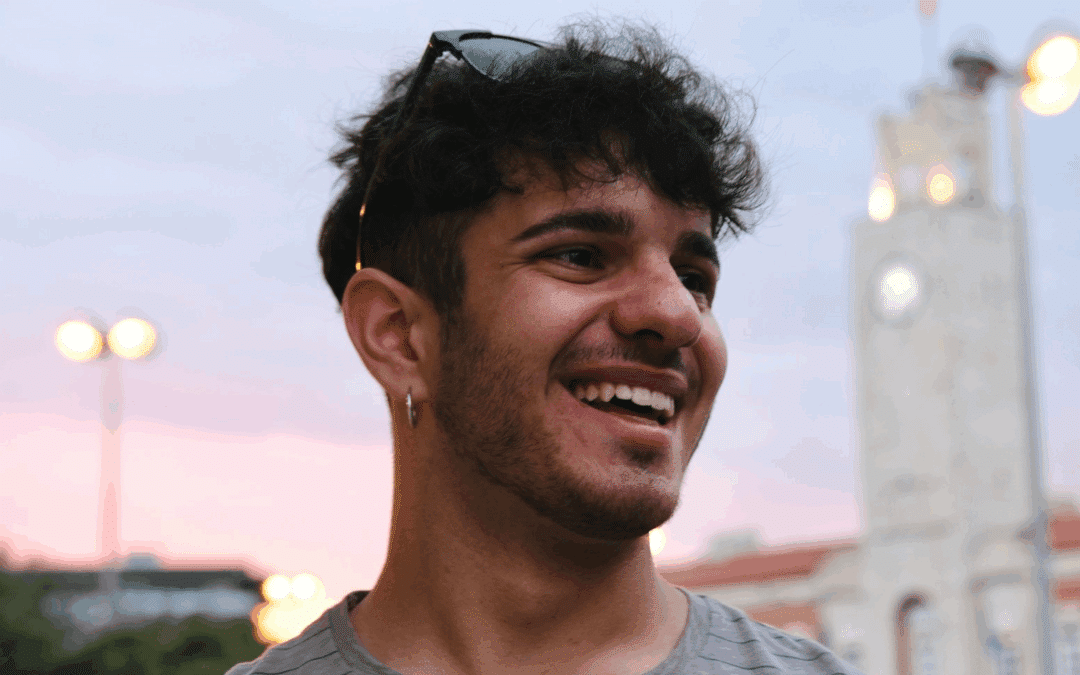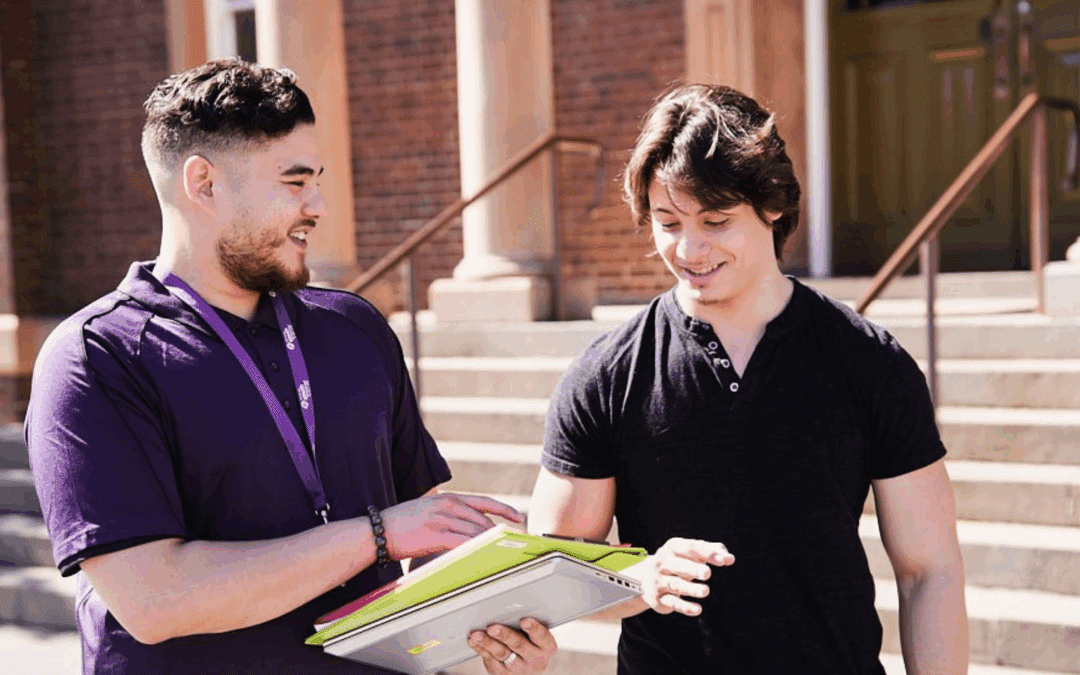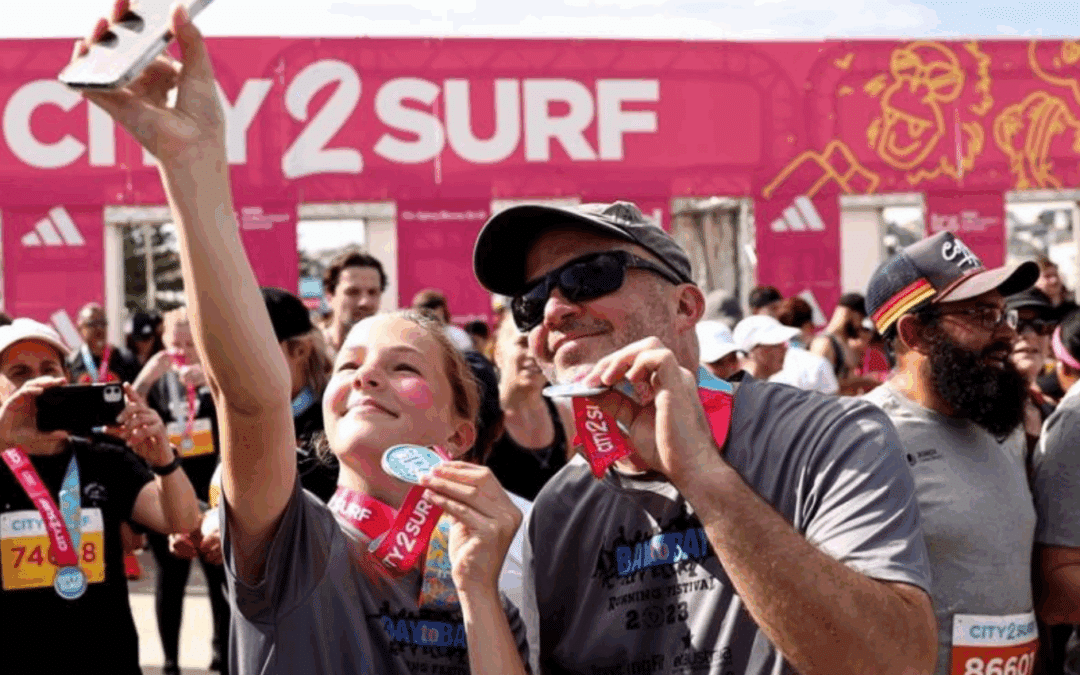Ten years ago, Jamie-Lee never saw herself being alive as an adult. She grew up experiencing domestic and family violence and was surrounded by drug abuse.
Unfortunately, her mother passed away when she was in Year 7.
“Due to the violent relationship with my dad and having no one else to turn to, I had no choice but to flee to the streets,” she reflects. “It was the safer option.”
Most of the young people experiencing homelessness who seek support from Youth Off The Streets have experienced family or relationship breakdown, financial difficulties, or domestic and family violence.
During her time on the streets, Jamie-Lee connected with other homeless young people but became dependent on alcohol and found herself in trouble with the police.
“Alcohol became the solution to wipe my problems away every day,” she says. “I took every day as it came and never knew where I was going to sleep at night.”
Homelessness Week is an opportunity to raise awareness of young people’s experiences of homelessness and the complex issues they face.
Our goal at Youth Off The Streets is to give young people a sense of safety and belonging, whatever their home situation looks like.
Youth Off The Streets’ Street Walk Program Manager, Gary Lockhart, met Jamie-Lee through the Street Walk program, which provides vital support to homeless and vulnerable young people in Sydney and Melbourne.
“Gary befriended me and set me up with three-month accommodation at Don Bosco House in Marrickville,” Jamie-Lee recalls. “From 12 to 16 years old, I stayed in and out of there, at friends’ places, other refuges and sometimes in trains.”
Gary explains that homeless young people tend to spend time together in groups and get to know each other. They form their own network to find a sense of belonging.
“They all come from different backgrounds, but the one thing they have in common is that they feel like they don’t belong anywhere,” he says.
There are three ways people can experience homelessness. Some don’t have any form of accommodation – known as primary homelessness – and they ‘sleep rough’ on the streets.
Secondary homelessness is when people move frequently from one temporary shelter to the next. This includes couch surfing – an ‘invisible’ form of homelessness experienced predominantly by young people
The third group – those experiencing tertiary homelessness – are in accommodation that doesn’t meet community standards. They might be living in a single room, or in a severely overcrowded house.
“I also meet young people who go home every night, but they might be experiencing domestic and family violence,” Gary explains. “It’s not a nice environment to be in, so they prefer to be out on the street with people they trust.”
Gary gets to know the young people and builds rapport with them, eventually introducing them to other services – including accommodation at our refuges.
“Accommodation is the most urgent need that they have,” he says.
“But many of these young people are exasperated by the time they’re 15 and 16 because they’ve already moved around so much,” he explains.
“They don’t want to be moved again and told where they’re going to stay,” he continues.
“We might offer them a place to sleep at one of our refuges, and they initially say ‘no’ because they don’t feel comfortable going into a service right away, because they don’t trust it.
“It takes time to build up that trust.”
When Jamie-Lee was on the streets, she tried to juggle her living situation while staying in school.
“One of the most valuable lessons my mum taught me was that ‘education is everything’,” she says.
“Amid all the chaos, I continued to go to school when I could. At that stage, school was the only stability I had in my life. To say my friends and I lived different lifestyles is probably an understatement.”
She’d often go to school with no uniform, and she carried her school backpack with her everywhere she went.
“At one point, a Street Walk volunteer asked me, ‘Why do you have such a big backpack on?’ I replied, ‘I don’t know where I’m staying tonight, but at least I know I’m going to school tomorrow’.”
While attending a mainstream high school, Jamie-Lee also sought support from Youth Off The Streets’ Key College in Redfern.
“I would use the computers for essays and assessments or pop in at lunchtime for general support at Key College,” she remembers. “In later years, I wrote my resume and applied for jobs from there.”
By the time Jamie-Lee turned 17, she was in independent living, and she felt like her life was back on track. She was working and studying hard – and she eventually won a Youth Off The Streets scholarship.
“I was doing well, thanks to Gary and a few other key support people from Youth Off the Streets in my life,” she says.
“I had a job as a youth advocate running a program within a dual-diagnosis team. I was a successful scholarship recipient. I attended school more regularly and started to build a positive relationship with some of my siblings.”
In a tragic turn of events, Jamie-Lee’s older brother was murdered in 2011. Youth Off The Streets stepped in to help her through this challenging time, but it took a huge toll on her mental health..
“I missed a lot of school at that point,” she says. “I was still determined to complete my HSC, but due to my absences, I was kicked out a couple of months before completion.”
Jamie-Lee entered Youth Off The Streets’ Step Up Program, which provides a safe learning environment where students can attain their HSC, TAFE qualifications, work skills, and experience.
“I look at Youth Off The Streets as home. It was a place when I had nowhere, where I knew I was going to be safe, belonged, cared for and supported no matter what,” she says.
“The teachers in Step Up took the time to help and support me,” she continues. “They took time to help me find my passion, and wherever I wanted to go in life, they did what they could to help me achieve that goal.”
She graduated with her HSC and completed her qualification to become an Assistant in Nursing. She also completed her Certificate IV in Community Services in 2014 and has settled on a career in the sector.
“I was doing case management, then out-of-home-care,” she explains. “I became an alcohol and other drugs youth worker at a residential rehab facility. Now, I work in youth justice.”
She is also the proud mother of a three-year-old girl, Kira*.
“Juggling full-time shift work and being a full-time single parent is the biggest challenge I face in my life today,” she says. “But I’m now 26 years old, have a beautiful little girl and I’m living a happy life.”
Jamie-Lee moved to Queensland, where she recently bought her first home to raise her daughter in.
“It took me some time getting used to having a place with numerous rooms to myself,” she admits.
“Growing up, I was limited to having one room with my belongings wherever I was staying at the time. Now, my daughter and I have a home of our own.”
Jamie-Lee says that if there was one lesson she could teach her daughter, it would be that no matter where you’ve come from or what struggles you’re going through, it’s the lessons you learn from them that make you stronger.
“I learned this at Youth Off The Streets,” she says. “Your past will never determine your future. If you want something, you can achieve it!”
Visit https://youthoffthestreets.com.au/donate/ to learn how you can support our homelessness services.
*Names and images changed to protect the privacy of the individuals.



